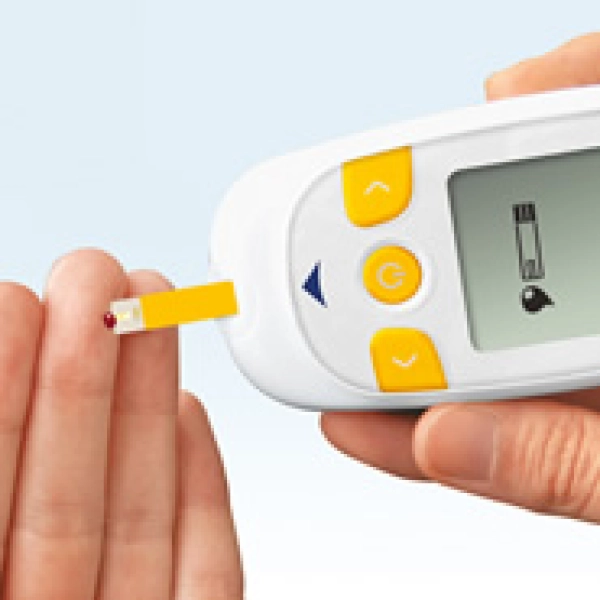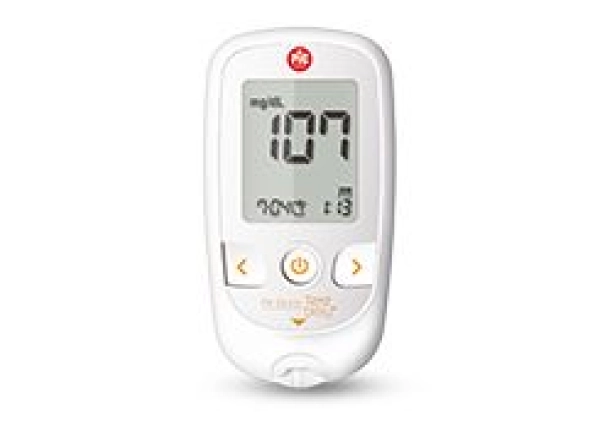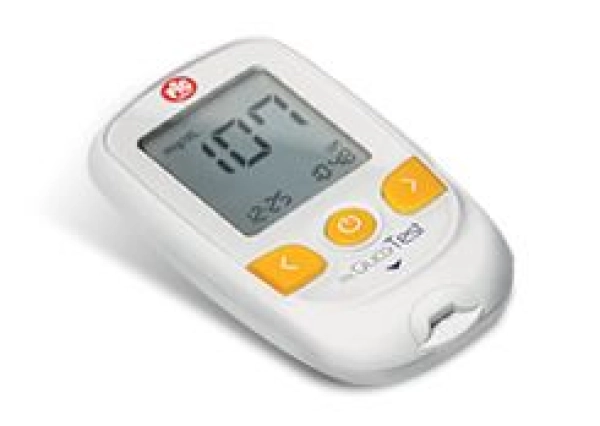

A diabetes diagnosis often triggers a traumatic response, leading patients to deny reality. One of the most frequent behaviours observed is a kind of reckless reaction, in which people live as if the disease did not exist and reject any therapy. A second phase may be described as a rebellion against diabetes. Questions like "Why did this have to happen to me, of all people?", "Why did my child have to get this?" or "What did I ever do wrong?" are natural expressions of the frustration the diagnosis can unleash.
The third phase, according to many medical psychology researches, is one of plea bargaining and partial acceptance of reality. During this period, the patient accepts some treatment but applies only part of the doctor's orders. Psychologists have noticed this phase includes a residual component of the previous rejection and rebellion. In other words, the patient still does not fully comply to the therapy he or she needs, which is a sort of escape from reality that can have a rather bitter ending.
Trying to escape treatments can trigger a phase of depression dominated by pessimism, self-doubt, isolation and sometimes anger and aggressiveness towards everything and everyone. In this period, words seem heavier than ever and even the smallest detail can be incredibly important: what doctors, nurses and family members say becomes crucial, as a sign of hope or cause for dismay.
The last phase is active acceptance of diabetes, which becomes "my diabetes": a new lifestyle, a health condition and not a disease that cannot be controlled. As a result, good metabolic balance is restored and complications can be prevented, by working in harmony with the medical team and adapting to the therapeutic regimen so it can become part of daily behaviour patterns.





